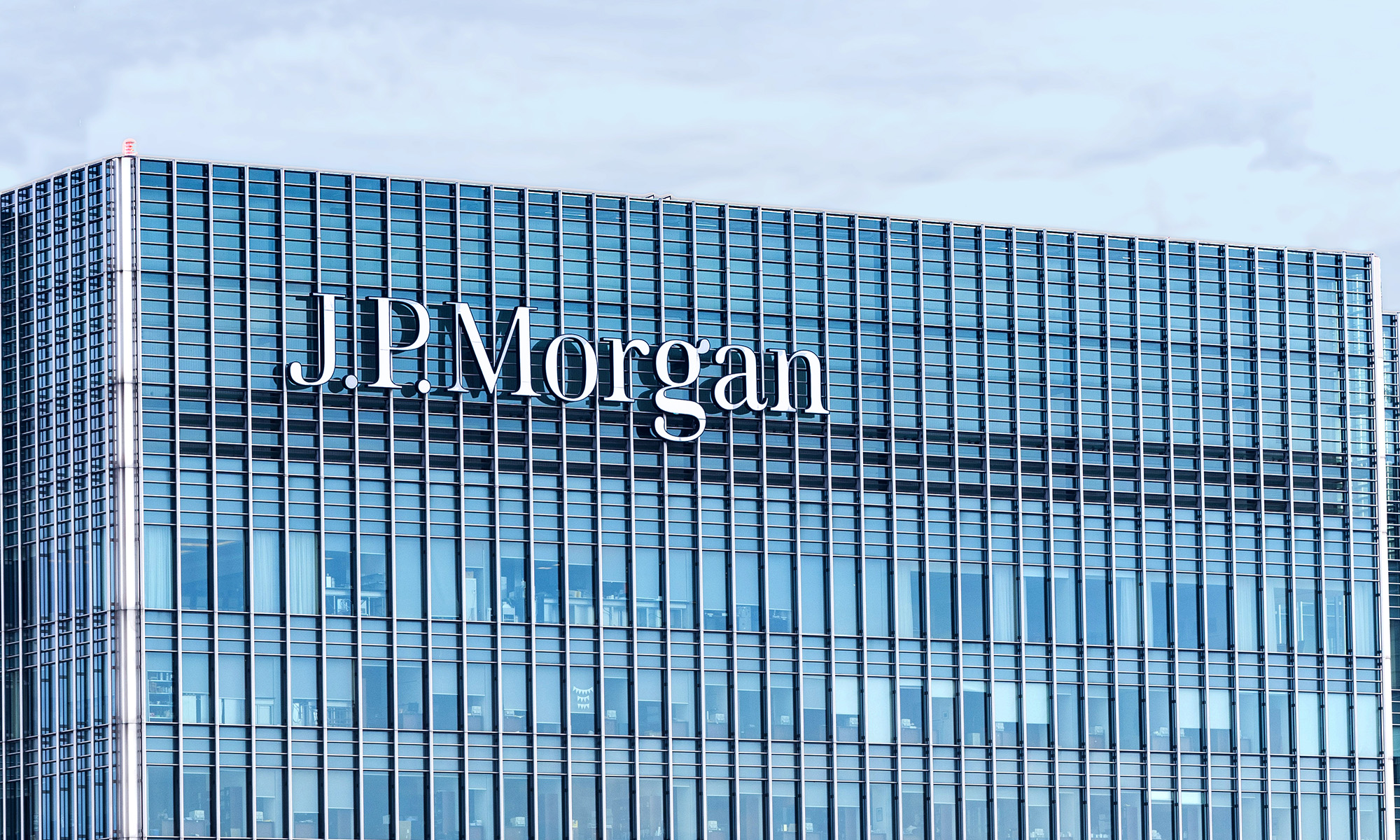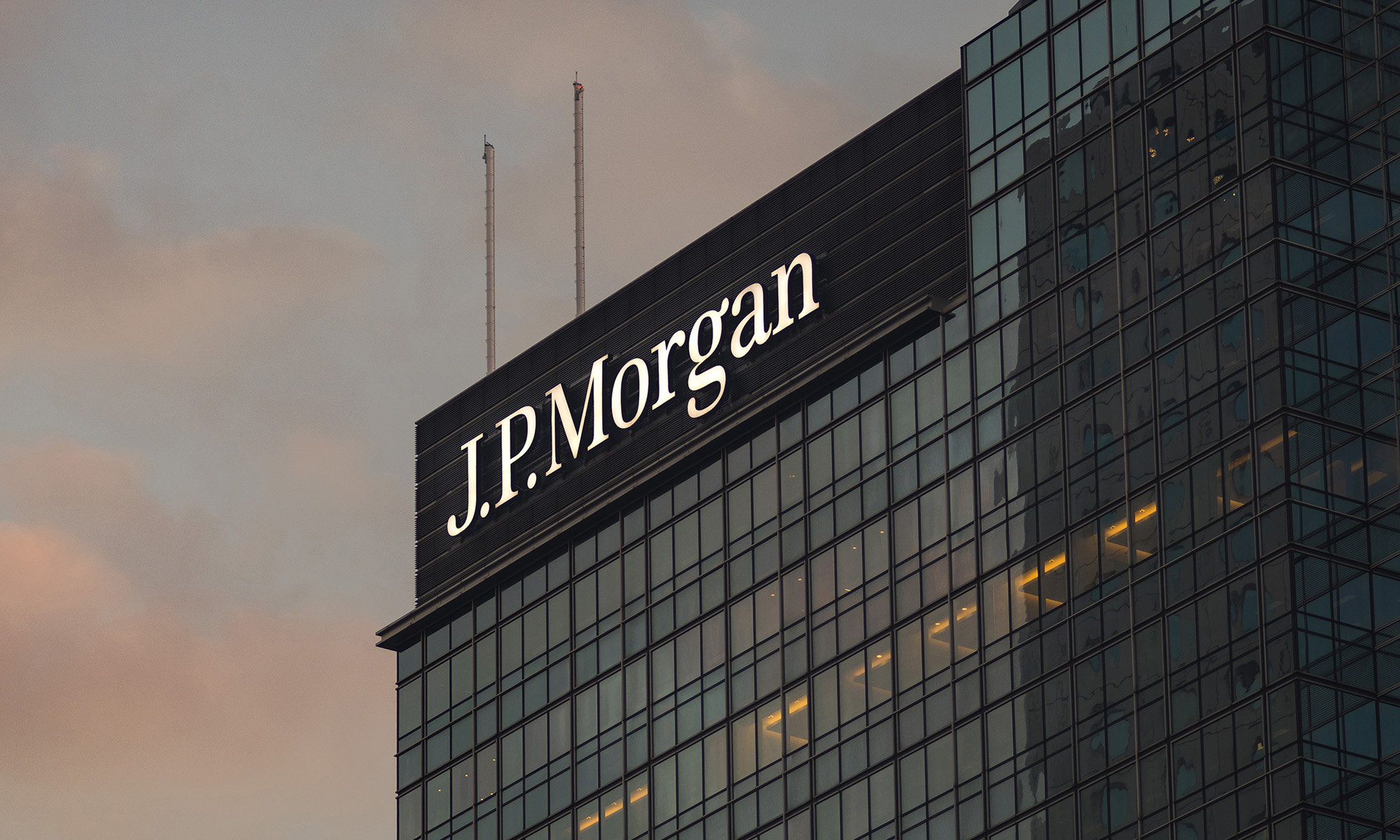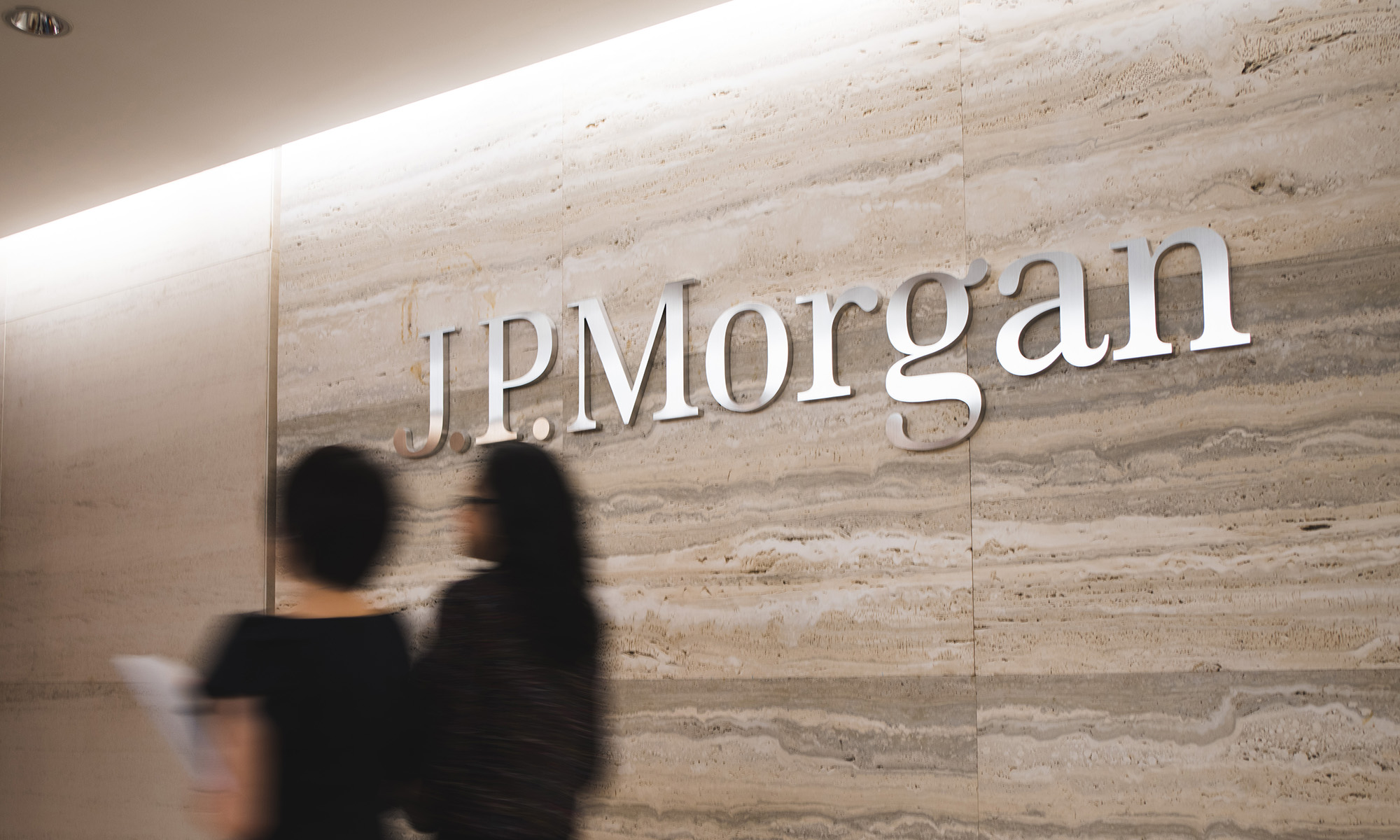It's coming from the inside. JPMorgan (JPM +0.76%) CEO Jamie Dimon is being listed among those to blame for the London Whale snafu last year, according to an internal review. While the CEO has often tried to downplay the situation and his role in the debacle, will this report knock him from his spot at the top?
A little context
Last May, JPMorgan announced that it had incurred losses up to $2 billion from a portfolio of derivatives (read: complex investments) amassed over the prior four years. The company would go on to lose over $6 billion from the trades. As a result, the company's Chief Investment Officer, Ina Drew retired. Since then, Dimon has been outspoken and blunt about the blunder, but often downplayed the situation, calling it a "tempest in a teapot."
The internal report was based on an investigation into the trades, their management, and the company's risk oversight. The report, which is said to be incomplete, is critical of senior management, naming Ina Drew, Dimon, and former CFO Doug Braunstein in their loose oversight of the traders responsible for the derivatives portfolio.
JPMorgan's board of directors will meet today, where they will be presented with the report's findings. The board is also scheduled to discuss executive pay at tomorrow's meeting, which gives legs to speculation that Dimon's compensation will be cut because of the London Whale losses. Since the company is scheduled to release earnings tomorrow, the board must decide if it will go public with the report , though it's unlikely that analysts won't broach the subject on tomorrow's call.
CEO march
It's often joked that the C-suite in most Wall Street firms has a revolving door -- since many executives often enjoy short tenures at the top. Jamie Dimon, however, has been JPMorgan CEO since 2005 and is considered one of the best in the industry. He had even been mentioned as a possible candidate for Secretary of the Treasury. But regardless of how much Wall Street, Washington, and investors love Dimon, it's uncertain if he can withstand the Whale's repercussions.
If history tells us anything, it's that CEOs are ousted (or resign) for far less than a $6 billion loss. UBS (UBS +1.40%) CEO Oswald Gruebel was out after the bank reported $2.3 billion in trading losses in 2011. Barclays (BCS +2.69%) CEO Bob Diamond was fired days after his firm settled its fines with the U.S. and U.K. governments for its involvement in the LIBOR scandal. Heck, even a CEO's management style can get him fired, like Bob Kelly, former CEO of Bank of New York Mellon (BK +1.21%).
Something to consider
Investors should keep an ear out during Wednesday's earnings call to see if the board of directors will announce any decisions on the matter. But there are plenty of reasons the board may decide to keep Dimon in the CEO slot. In the month following the company's announcement of the London Whale trading losses, the company's market value shed $27 billion . But under the direction of Dimon, the firm rebounded and ended 2012 just 5% down from its pre-Whale high. With that in mind, it will be hard for the board to oust Dimon -- but cutting his compensation may hit him where it hurts.
With Dimon's leadership through the financial crisis, JPMorgan came out of the recession as one of the only unscathed banks on Wall Street. The bank has had to make its peace with regulators and mortgage-holders, but altogether, it has fared much better than its rivals. Investors who are concerned about Dimon's leadership should listen to the company's upcoming earnings conference call, get a sense of the company's current attitude, what they will address to fix oversight problems, and decide from there.









